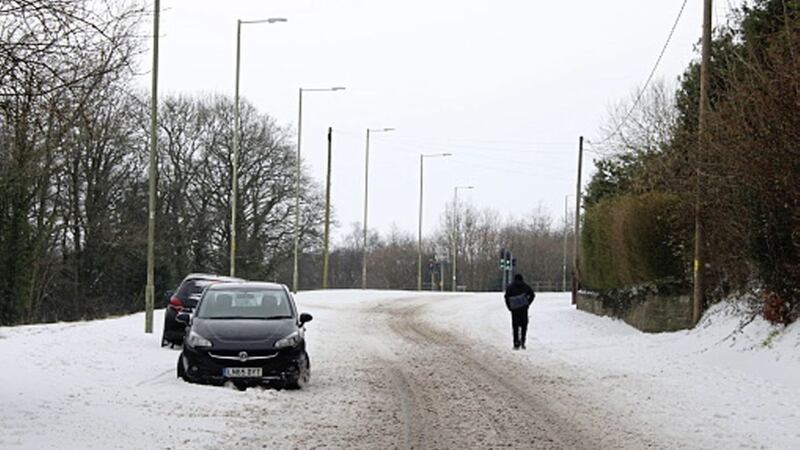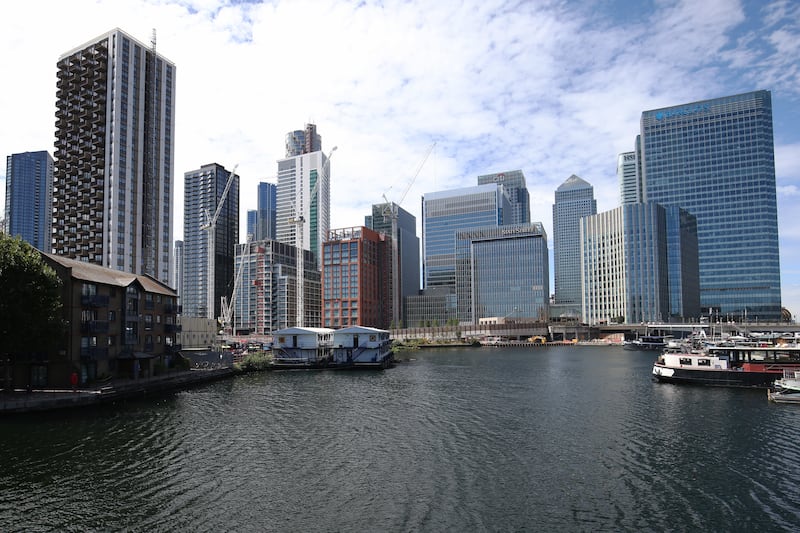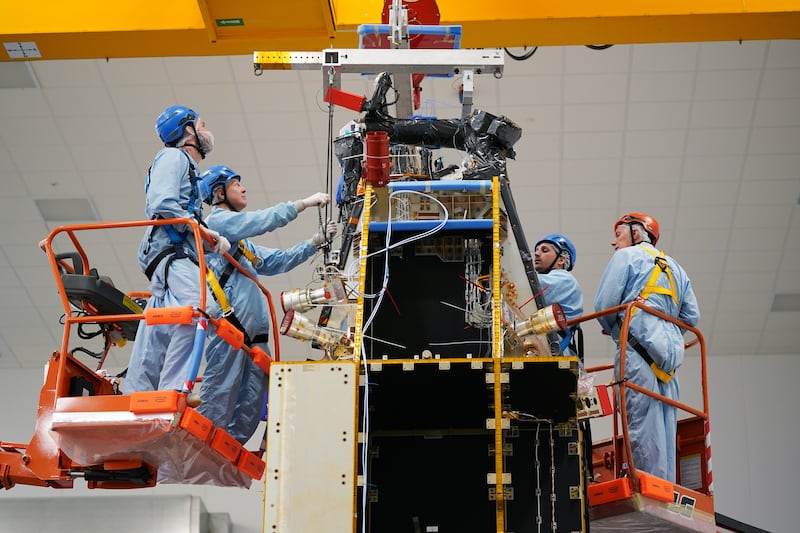THE north's private business sector has recorded the slowest rise in activity since July last year, party due to the 'Beast from the East', according to the latest PMI report.
The March data for the Ulster Bank Northern Ireland PMI has revealed weaker increases in both output and new orders at Northern Ireland companies, easing to eight-month and 17-month lows respectively, with the services sector the worst hit.
That said, growth was sustained in March, amid a stronger rise in exports, and firms increased their rate of job creation, recording the 38th consecutive month of employment growth.
The figures show however, that Northern Ireland companies continue to record strong rises in input costs, despite the rate of inflation easing to the weakest in 2018 so far. Both input costs and output prices rose sharply again in March, albeit at slightly weaker rates than in February.
Higher staff costs were mentioned by a number of respondents, while sterling weakness contributed to higher prices for raw materials.
Ulster Bank chief economist, Richard Ramsey believes the recent poor weather was a contributory factor in the latest figures.
“The Beast from the East has clearly had an impact on activity in areas including construction and manufacturing and has also caused disruption to supply chains. Almost all regions of the UK experienced a slowdown last month, driven at least in part by the weather conditions," he said.
"The one-off weather factor makes it difficult to ascertain to what extent this is a blip that will be reversed in April or something more fundamental."
On a positive note Mr Ramsey highlighted the acceleration in the pace of job creation and growth in export orders, boosted by the growing Republic of Ireland economy.
"Inflationary pressures also eased outside of retail but remain elevated, with high staff costs and sterling weakness as factors. Respondents also cited the higher cost of steel as a component in the inflationary pressures, in part due to high global demand. With steel and other raw materials being a target for tariffs, this trend could well continue and economies around the world will not want to see an escalation in the opening shots of a trade war. Interestingly, firms remain relatively optimistic about the year ahead, albeit that Northern Ireland’s private sector is the least optimistic of all the UK regions for the third month running. Political uncertainty though is one risk firms have cited that could hamper growth prospects in the months ahead," he added.







